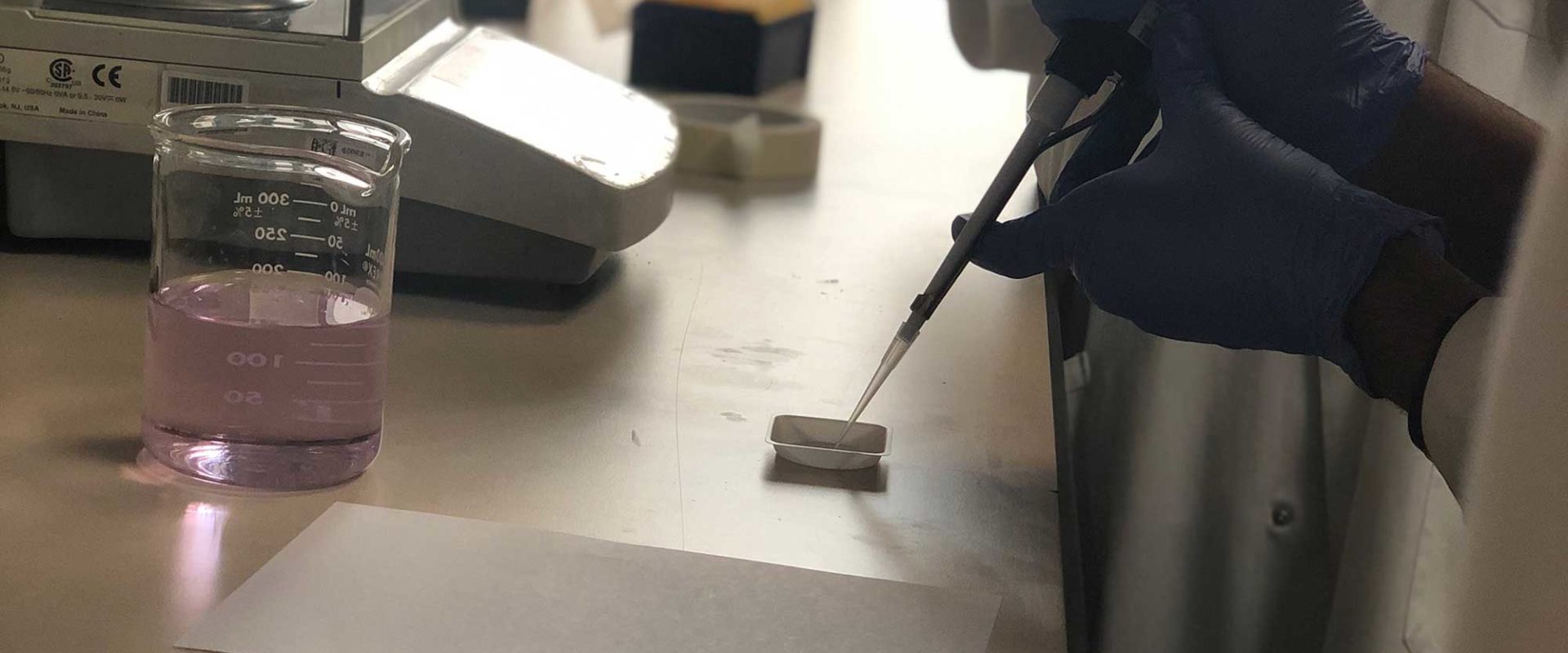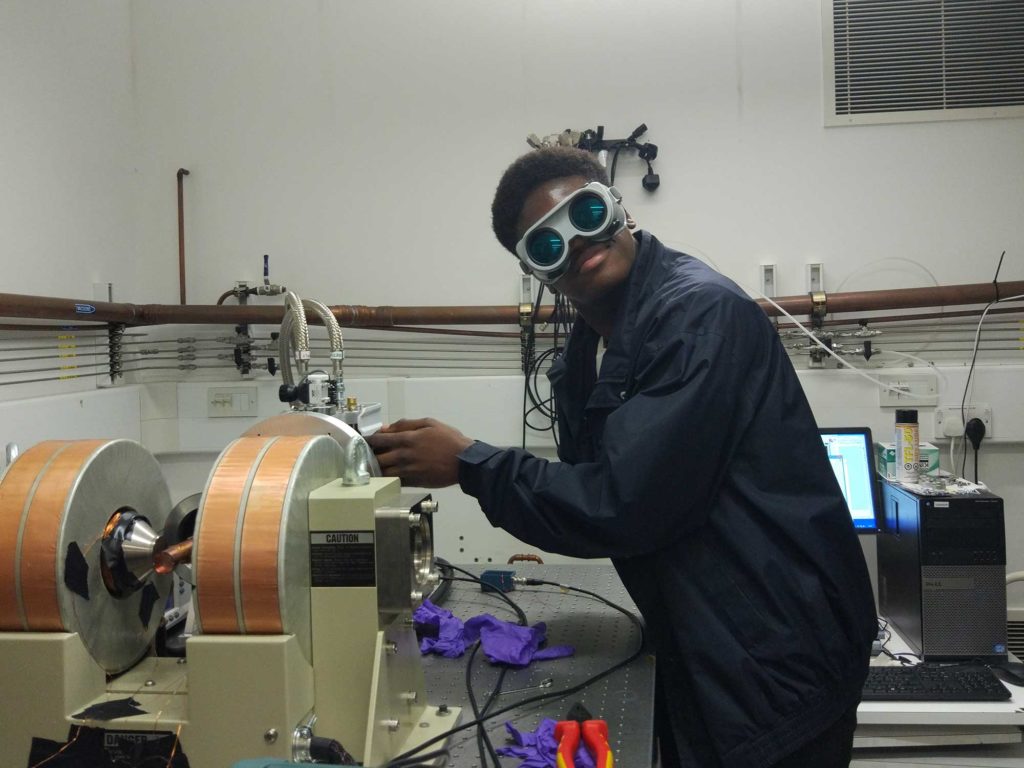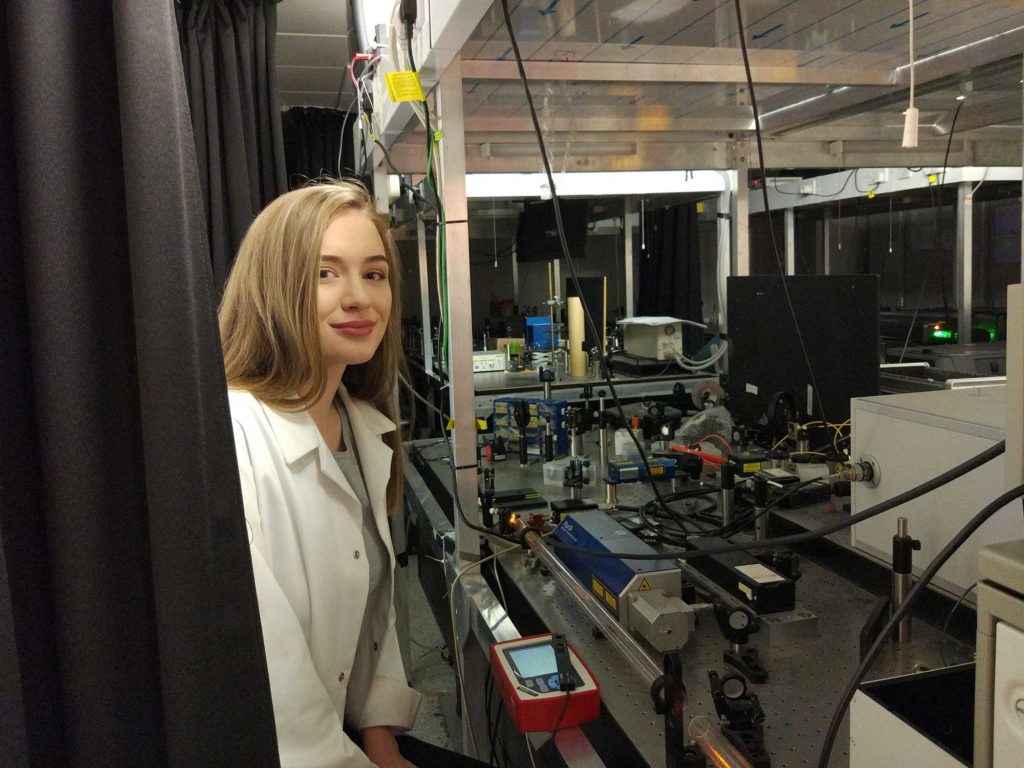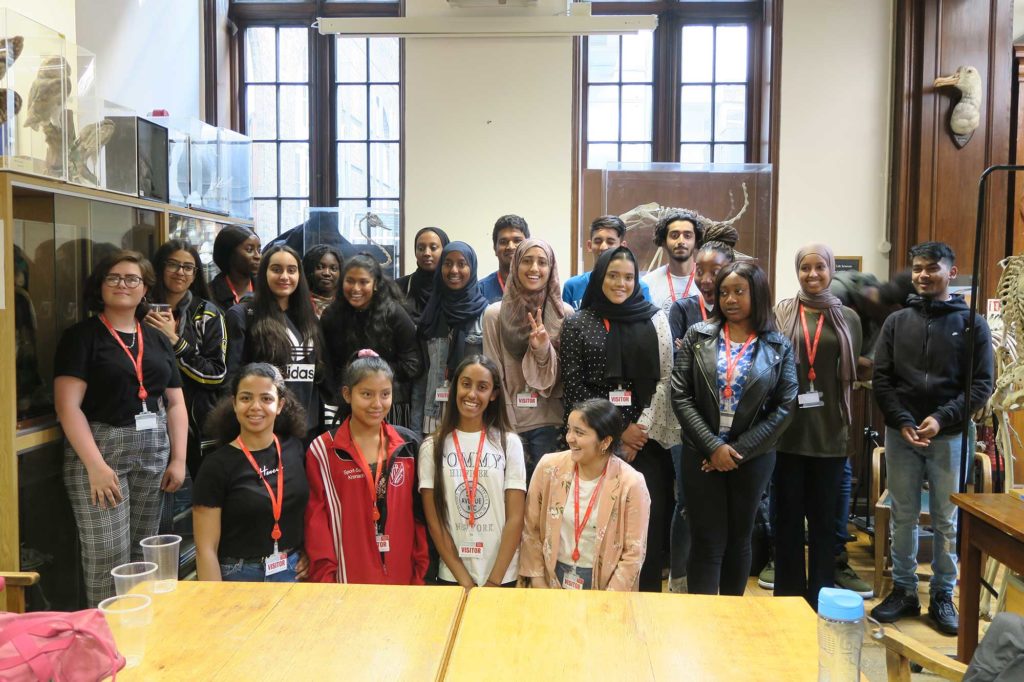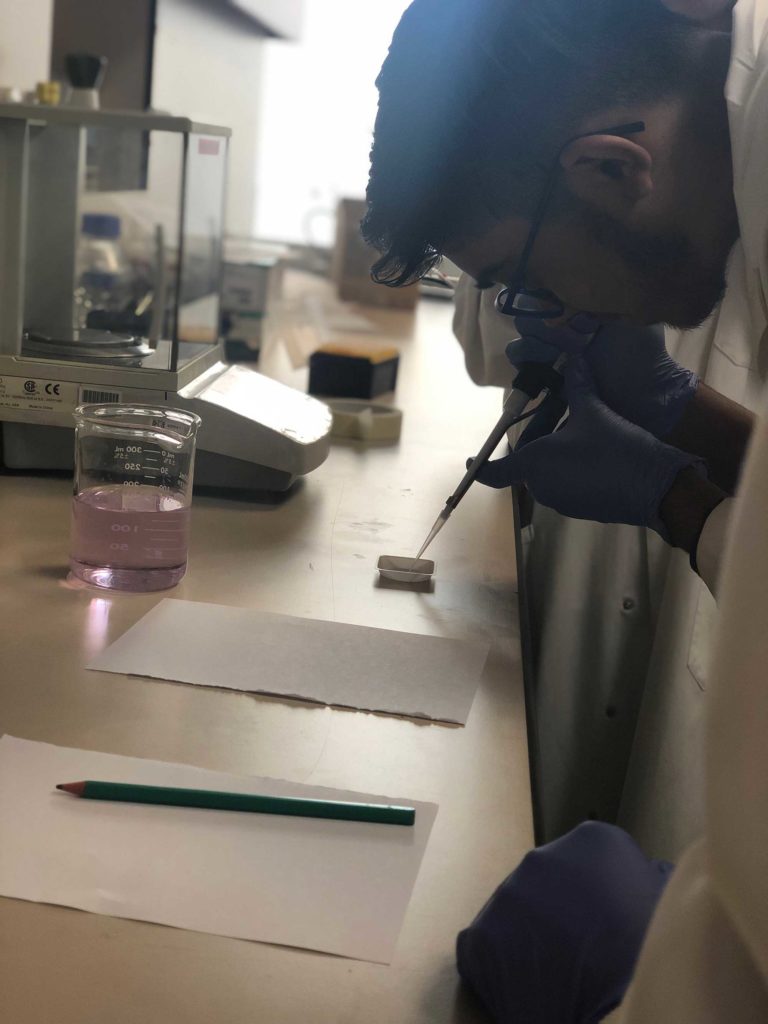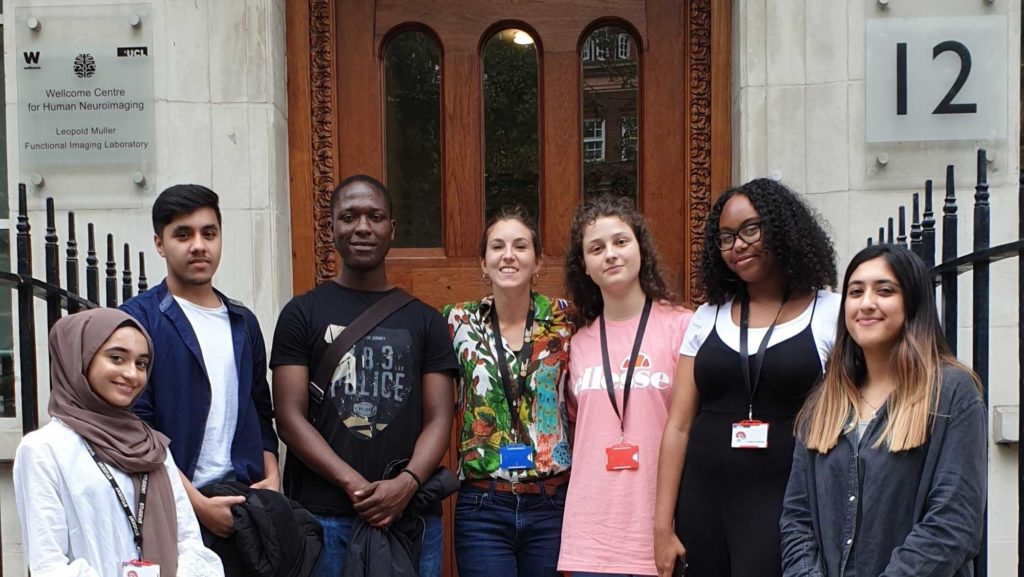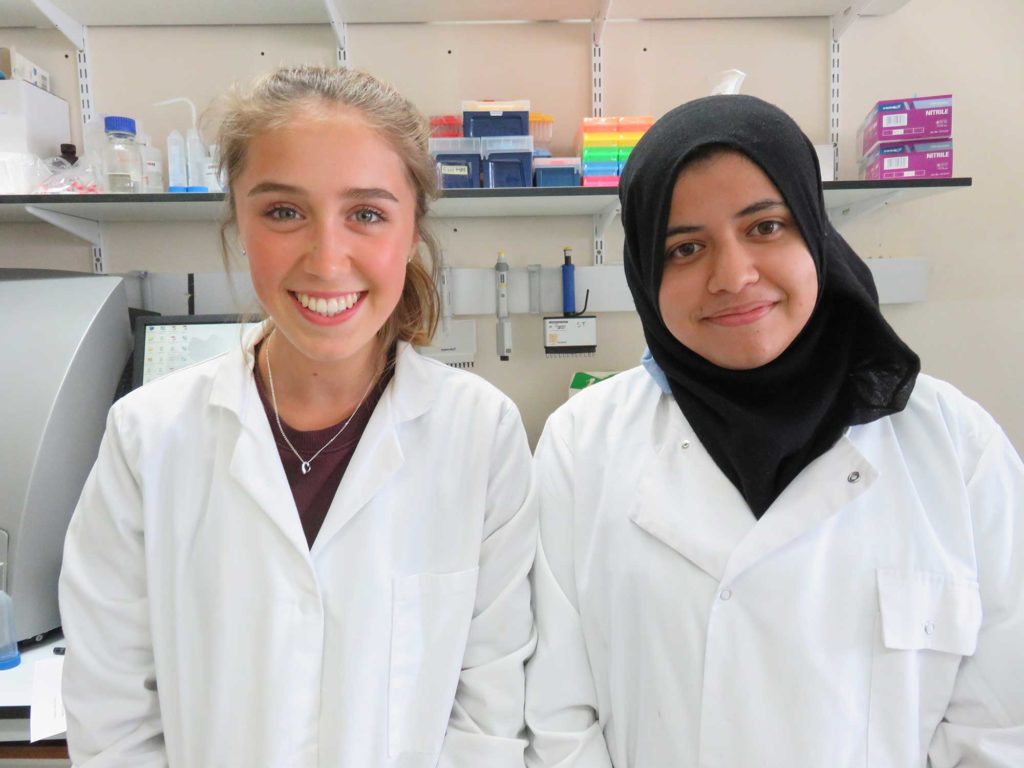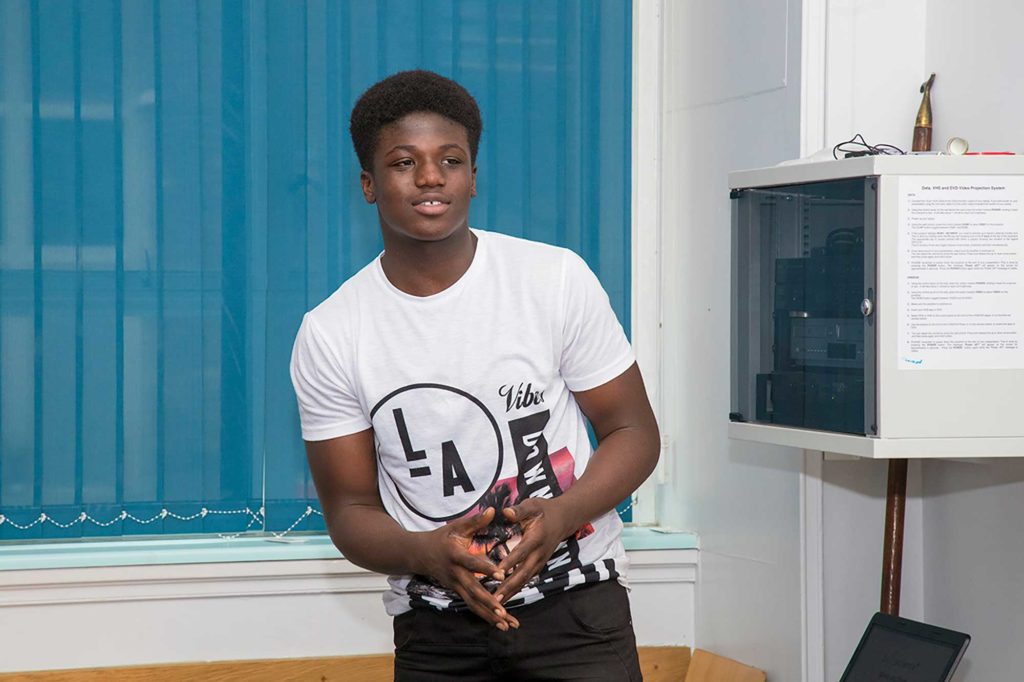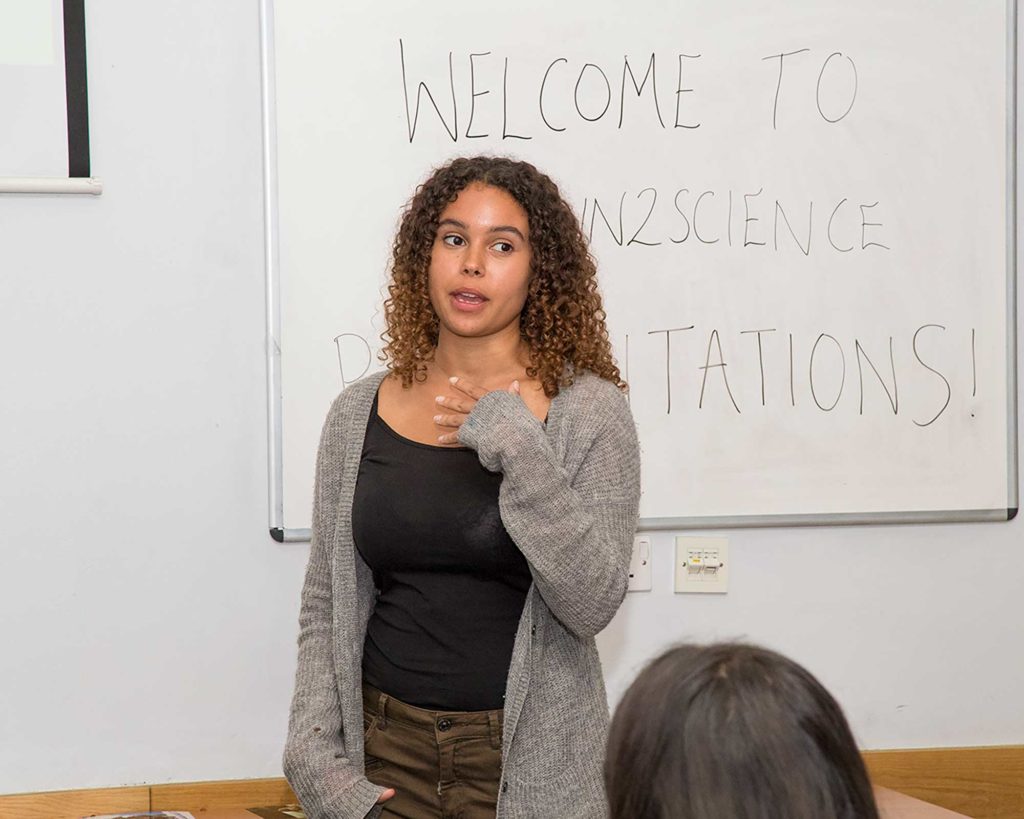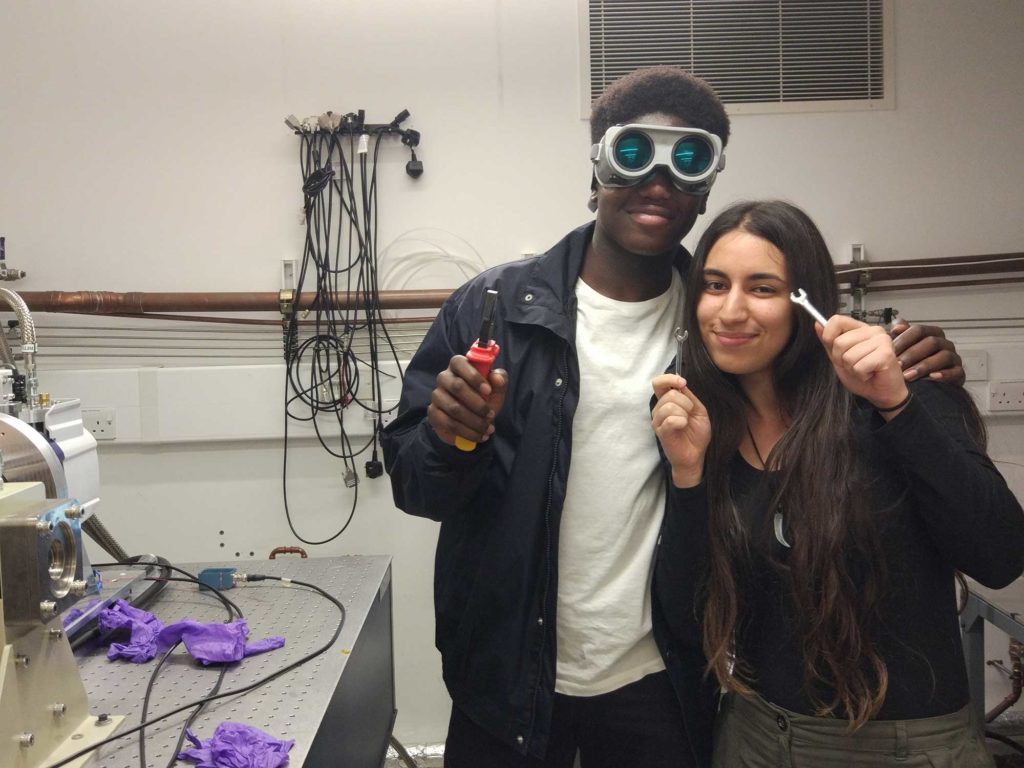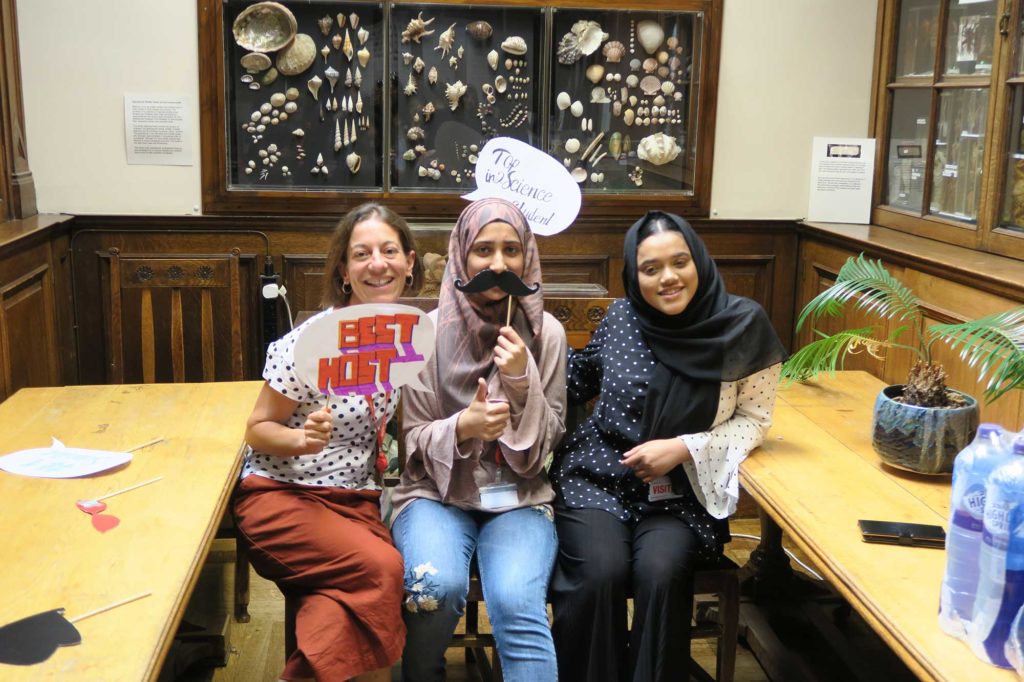Working alongside Dr Shane Minogue, a Senior Lecturer in Molecular Cell Biology, for one week at UCL’s Royal Free Hospital was an absolutely amazing experience for me. Through the in2scienceUK summer placement I was offered, I have been provided with an insight into STEM careers, with a particular focus on the areas of Biology that I especially enjoy. While shadowing at the UCL Institute for Liver and Digestive Health, I carried out various experiments, discussed scientific affairs and concepts, and spoke to PhD students about their projects.
Visiting the Wellcome Trust Collection was another highlight of my experience as my supervisor set me the task of visiting the museum and carrying out a small project of my own. We titled the project “Miracle Cures and Deadly Threats” which focused on how the media portray certain diseases to be posing as major threats, in which many of these claims are misconceptions; in addition, I researched about certain remedial cures that people claim to work for diseases such as cancer and Ebola which realistically do not. During my visit at the Wellcome Trust Collection, I read chapters from various scientific novels and journals in the library. I also visited one of the exhibitions which focused on obesity with various models, interactive videos and exhibits that I really engaged with.
I was introduced to several new things within the lab such as scientific equipment that included centrifuges, confocal microscopes, HeLa cells and techniques such as Western blotting. I also used a confocal microscope which uses a spatial pinhole, allowing us to accumulate many optical sections from specimens that are denser. This was particularly interesting because it meant that I was learning about Biotechnology, an area that is not covered in my AS Biology Curriculum. I did find that the experience also enhanced my current understanding of biological concepts and methods that is covered at school, such as the importance of buffers as well as certain equipment that I have learned about but never used previously. For example, I used an ultracentrifuge and this was relevant to some AS Biology content about separating cell organelles. I saw the separation of the pellet (the denser material) and the supernatant (the liquid).
I really enjoyed learning about electrophoresis which a scientific technique used to separate macromolecules according to their size. Using the equipment involves applying an electrical charge through a matrix which will cause molecules with a negative charge to move. Larger molecules take longer to travel through the gel.
I noticed the priority placed on lab safety which I recognised was important in all the labs I visited. There was an emphasis placed on keeping scientific equipment in certain areas; also, in the experiments I carried out and those that I saw, I understood the importance of sterilising equipment in order to prevent contamination which would affect our results.
Overall, it was an amazing experience and as well as enhancing my current knowledge, I was introduced to various new concepts and equipment within the lab!
By Bana Mustafa
